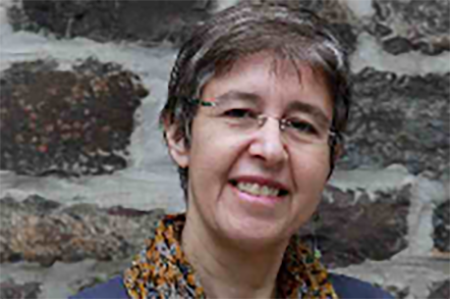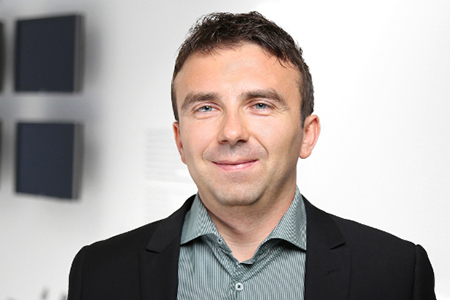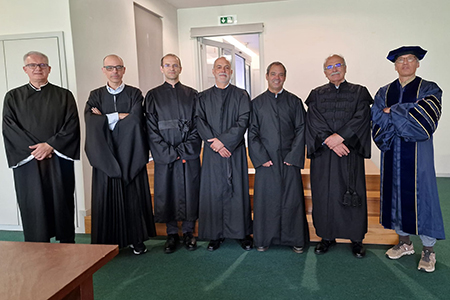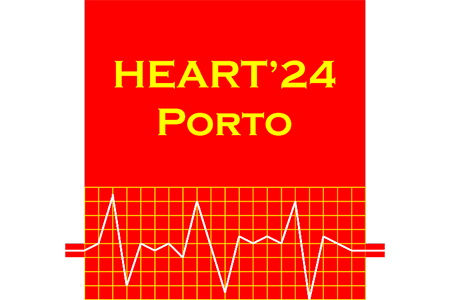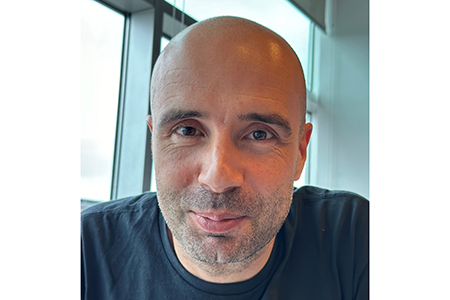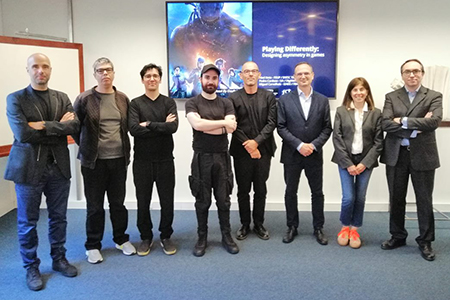“The acquisition of features for patient diagnostics, treatment planing and monitoring purposes is costly. Moreover, when patients with chronic diseases are called to used mobile health apps, they are also called to interact with the app in a regular way; the willingness to do so may wane with time. In this talk, we see forms of missingness in data collected in a clinic for treatment planning and in data collected with an app for monitoring. Then, we discuss methods that iteratively build up a minimal feature subspace for treatment outcome prediction, and neighbourhood-based methods that build up a minimal data space for patient condition monitoring. The methods have been applied on clinical data of tinnitus patients and on mhealth data of patients with tinnitus or diabetes. The results demonstrate that small subsets of features are often adequate for prediction.”
“Temporal mining on systematically sparse medical data” will be presented July 22, 15:30, room B012. The talk will be moderated by João Moreira (DEI).
Myra Spiliopoulou is Professor of Business Information Systems at the Faculty of Computer Science, Otto-von-Guericke-University Magdeburg, Germany. Her main research is on mining temporal complex data and extracting predictive patterns from evolving objects. One of the core application areas for her research, and a constant source of inspiration is health: her work encompasses methods and findings from observational medical data, from clinical studies, from digital health solutions, and from experiments on understanding the process of human and animal learning. She is involved as (senior) reviewer in major conferences on data mining and knowledge discovery, as Action Editor in the Data Mining and Knowledge Discovery Journal of Springer Nature, as Special Editor for survey papers in the International Journal of Data Science and Analytics (JDSA) and as Editorial Board Member for the Artificial Intelligence in Medicine Journal. In 2016, 2019 and 2023, she served as a PC Chair of the IEEE Int. Symposium on Computer-Based Medical Systems (CBMS). In 2024, she serves as senior reviewer for KDD 2024. She also serves as one of the Journal Track Chairs for ECML PKDD 2024, responsible for the submissions to the Machine Learning Journal. In May 2023, she received the Distinguished Service Contributions Award for the Pacific-Asia Conference on Knowledge Discovery and Data Mining (PAKDD).
